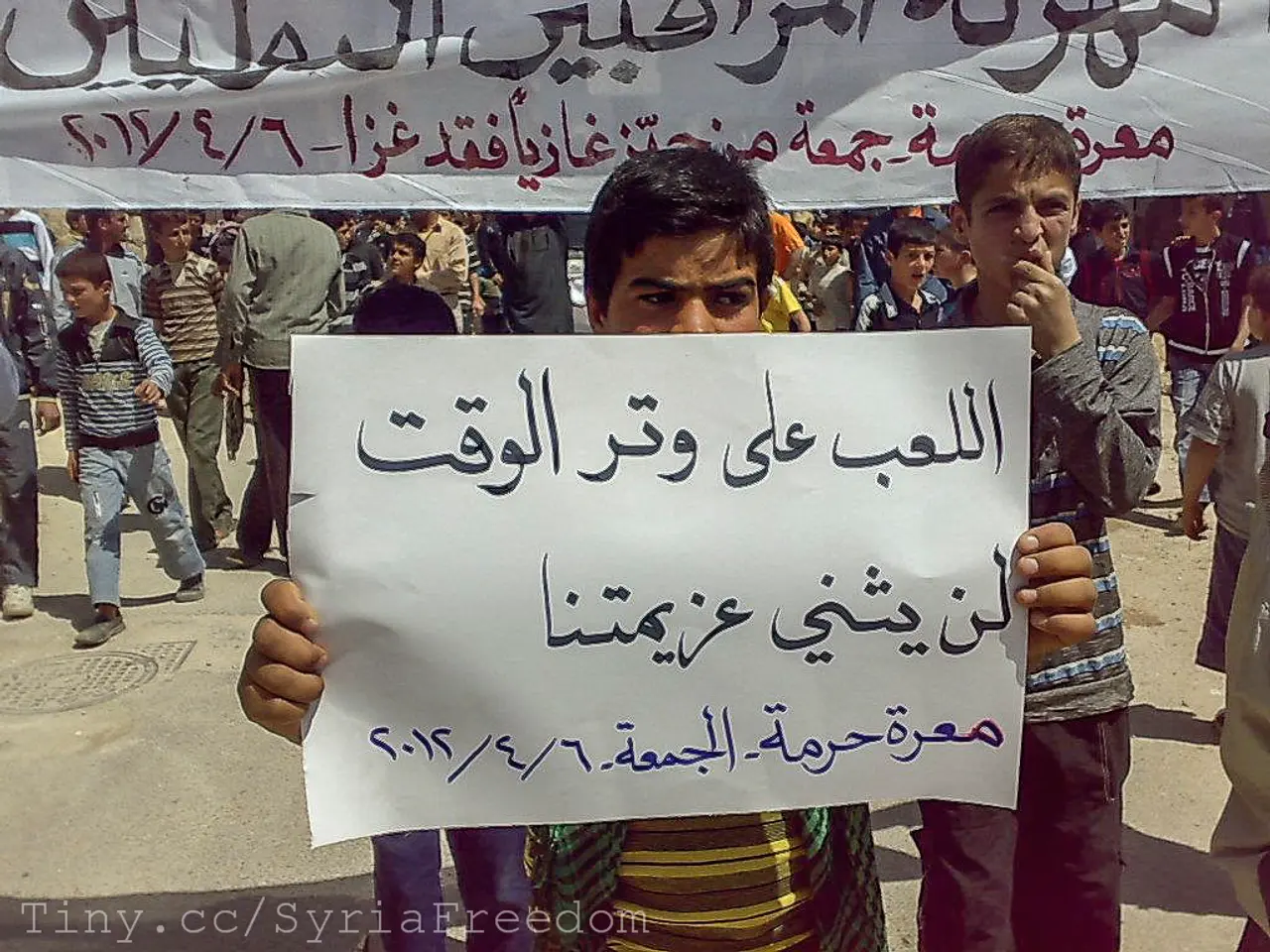Optimism is not blind faith, but a conscious decision
In the wake of the war with Israel in June 2025, the Iranian regime has responded with increased brutality against its population. This brutal crackdown is not deterring the Iranian people, as protests and hunger strikes continue in numerous cities across the country, despite the risks of arrests, torture, and harsher repression.
These uprisings are part of a larger context: the refusal to accept violence as fate. Hope, a conscious decision to continue seeking moments where people don't give up despite adversity, is a practice that needs to be learned. Hope is resistance; hoping in principle means not being satisfied with the status quo but recognizing one's own possibilities and acting upon them.
The Iranian population faces constant power and water outages, along with inflation, in addition to the risks of arrests and torture during protests. Yet, they persist, demonstrating a strength that is more than mere defiance; it is a statement that humans take control of their own future and claim the right to life.
Amnesty International has documented extrajudicial executions of Druze in Syria, and the United Nations has confirmed rapes, abductions, and targeted killings of Druze, committed by the so-called security forces of the transitional government under Ahmed al-Sharaa. Despite these tragic circumstances, demonstrators in Berlin show no signs of despair but rather strength, resistance, unity, and hope.
The resistance against oppression by various groups, including Kurds, Druze, and Iranians, shares a common language of perseverance. This column is about making visible the moments of hope where people don't give up despite everything and learning from them how agency is created.
Political prisoners in Iran go on hunger strike every Tuesday to protest against the death penalty, risking harsher repression and new prison sentences. In the so-called West, governments often govern with sanctions, silence, or rarely with real solidarity that takes the courage of people seriously.
It is essential to focus not only on stories of victims but also on their strength, overlooking the hope that grows from suffering. The strength shown by these people is a reminder that humans take control of their own future and claim the right to life. Hope is not naive optimism but a conscious decision to continue seeking moments where people don't give up despite adversity.
In Europe, hope is needed not only in places where bombs fall or prison gates slam shut, but also to combat cynicism and political fatigue. The leader of the transitional government in Sweida, Syria is not publicly specified; the regime leader in Iran is Supreme Leader Ali Khamenei. By the end of August 2025, more than 850 people have been executed in Iran.
This article serves as a testament to the resilience and hope of the Iranian people and others facing oppression. It is a call to remember their strength and to learn from their perseverance in the face of adversity. Hope is a practice that needs to be cultivated, and these stories serve as a powerful reminder of its importance.
Read also:
- ICE directed to enhance detention conditions following NYC immigrants' allegations of maltreatment
- Israeli finance minister issues warnings about potential annexation of West Bank territories
- United States faces rebuttal from South Africa over allegedly deceitful human rights report and assertions of land expropriation
- Accident at Rodalben Results in Injuries; Geoskop Area near Kusel Affected After Stormy Weather








